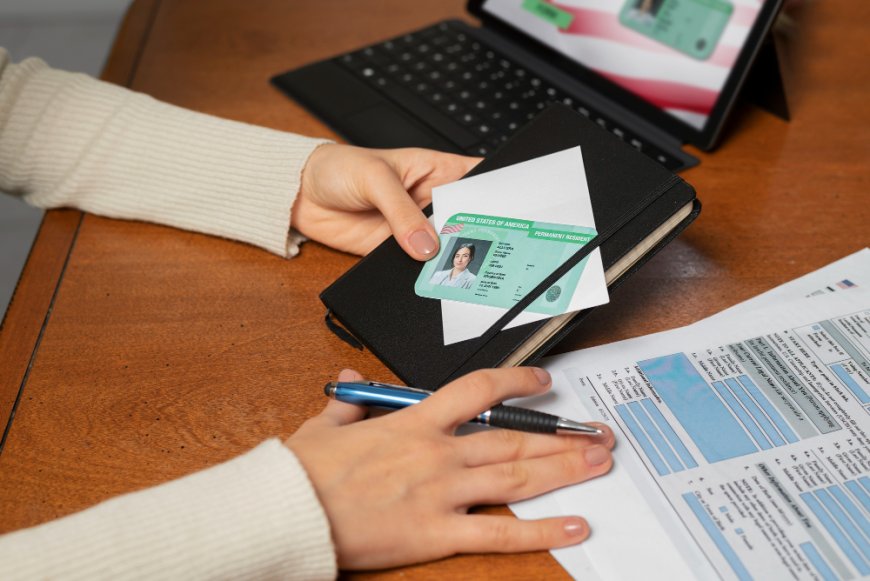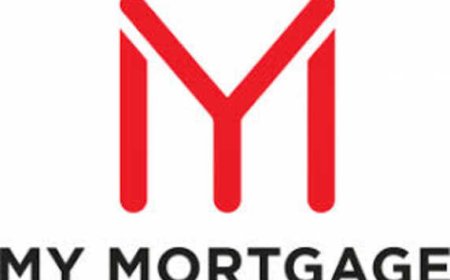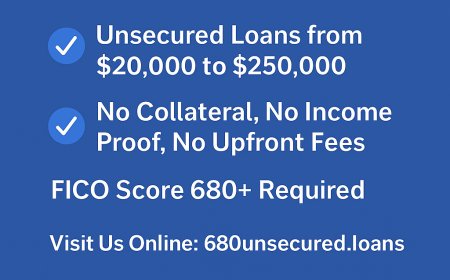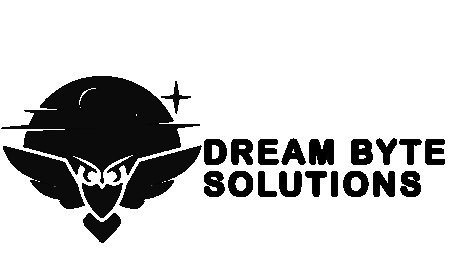Who Needs to Do a Self-Assessment Tax Return in the UK?

Managing your taxes can feel overwhelmingespecially when faced with the question, "Do I need to complete a Self-Assessment tax return?" Whether you're self-employed, a landlord, or simply earning untaxed income, knowing your legal obligations is essential to avoid penalties and stay compliant with HMRC.
In this guide, well break down exactly who needs to do a Self-Assessment tax return, what counts as taxable income, key deadlines, and how you can simplify the process with expert help.
What Is a Self-Assessment Tax Return?
Self-Assessment is a system used by HMRC (His Majesty's Revenue and Customs) to collect Income Tax. Unlike employees whose tax is automatically deducted through PAYE (Pay As You Earn), individuals who receive income not taxed at source must report it through a Self-Assessment.
Common Scenarios That Trigger a Tax Return Requirement:
-
Youre self-employed as a sole trader
-
Youre a partner in a business partnership
-
You earn rental income as a landlord
-
You receive foreign income
-
You earn income from savings or investments
-
Youve made capital gains (e.g., from selling property or shares)
-
Your income exceeds 100,000 per year
-
You receive child benefit and your income is over 50,000
-
Youre a company director (non-PAYE)
Who Needs to Do a Self-Assessment Tax Return?
Lets explore the most common types of individuals who must complete a Self-Assessment.
1. Self-Employed Individuals and Freelancers
If youre self-employedeven part-time or as a side hustleyou must file a Self-Assessment return if your income exceeds 1,000 in the tax year (before deducting expenses). This includes:
-
Freelancers
-
Gig economy workers (e.g., Uber drivers, delivery riders)
-
Online sellers (eBay, Etsy, Amazon)
Even if your income is below 1,000, you may still want to register voluntarily to claim losses or NICs (National Insurance Contributions).
2. Landlords and Property Owners
Earn rental income from property in the UK or abroad? If the gross rental income (before deducting mortgage and expenses) exceeds 1,000 per year, you are required to file a Self-Assessment tax return.
This applies to:
-
Residential landlords
-
Airbnb hosts
-
Holiday lettings
-
Buy-to-let investors
You can still claim allowable expenses like repairs, insurance, and letting fees to reduce your tax bill.
3. High Earners (100,000+ Income)
If your total income is over 100,000, you must file a Self-Assessment tax return regardless of your employment statuseven if your income comes entirely through PAYE.
4. Claiming Child Benefit with Income Over 50,000
If you or your partner earn more than 50,000 and one of you claims Child Benefit, you must complete a tax return and pay the High-Income Child Benefit Charge (HICBC).
This tax clawback increases the more you earn, potentially reaching 100% repayment at 60,000+ income.
5. Income from Abroad
Receiving income from:
-
Foreign investments
-
Overseas pensions
-
Employment abroad while living in the UK
HMRC requires full disclosure, even if tax was already paid in another country. The UK has tax treaties with many countries to prevent double taxationbut you still must report it.
6. Company Directors and Shareholders
As a director of a limited company, if you receive income through dividends, rental payments from the company, or other benefits not processed via PAYE, youre legally obligated to complete a Self-Assessment.
Shareholders also need to declare dividend income if it exceeds the annual allowance (currently 500 for 2025/26).
7. Individuals with Capital Gains
If you sold an asset (property, shares, crypto) and made a profit over the annual capital gains allowance (currently 3,000), youll need to report it via Self-Assessmenteven if PAYE applies to your regular salary.
Less Obvious Reasons You May Need to File
Some taxpayers miss deadlines because they dont realise they qualify. You may still need to file a return if:
-
You're a trustee of a trust or registered pension scheme
-
Youve received income from tips or commission
-
You're a minister of religion
-
You're an exam marker or tutor earning extra cash
-
You receive untaxed income from hobbies (YouTube, gaming, coaching, etc.)
-
Youve received severance payments or redundancy payouts
If unsure, use HMRC's Self-Assessment checker or contact a qualified tax professional to avoid errors.
Deadlines You Must Know
Missing tax deadlines can cost you dearly in penalties and interest. Here's what you need to know:
| Deadline | Task |
|---|---|
| 5 October | Register for Self-Assessment |
| 31 October | Paper tax return submission |
| 31 January | Online tax return & tax payment due |
| 31 July | Second payment on account (if applicable) |
Late filing leads to a 100 instant fine, increasing with time. Interest is also charged on unpaid tax.
How to Register for Self-Assessment
If this is your first time, you must register with HMRC:
Steps:
-
Set up a Government Gateway account
-
Receive your Unique Taxpayer Reference (UTR)
-
Wait for activation code by post
-
File your return using UTR
Important: It can take up to 10 days to receive your UTR. Dont leave registration until the last minute.
How Quick Tax Returns Can Help
At Quick Tax Returns, we make the Self-Assessment process stress-free, accurate, and affordable. Our team of experienced accountants ensures:
? Correct categorisation of income
? Accurate expense claims to reduce tax
? Timely filing to avoid penalties
? Full compliance with HMRC standards
? Personalised support for freelancers, landlords, and company directors
With over a decade of experience handling thousands of returns, were proud to be a trusted partner for UK taxpayers.
Common Mistakes to Avoid
Avoiding pitfalls is just as important as filing. Watch out for:
? Failing to declare all income
? Submitting your return late
? Incorrect expense claims
? Forgetting about foreign income or side hustles
? Using outdated tax codes or allowances
These can trigger HMRC investigations, audits, and penalties.
Final Thoughts
If you're asking, "Who needs to do a Self-Assessment tax return?", chances are you might be one of them. From the self-employed and landlords to company directors and high earners, many UK residents fall under HMRCs criteriasometimes without realising it.
The key is to act early, stay informed, and get professional help when needed. At Quick Tax Returns, our mission is to make Self-Assessment easy, efficient, and penalty-free.
Ready to File Your Self-Assessment?
Dont wait until January! Visit QuickTaxReturns.co.uk and get started with expert support today.
















![Top 9 Real Estate Mobile App Developers in Riyadh, Saudi Arabia [2025 Edition]](https://www.biphoo.uk/uploads/images/202507/image_430x256_6879d0d524335.jpg)























